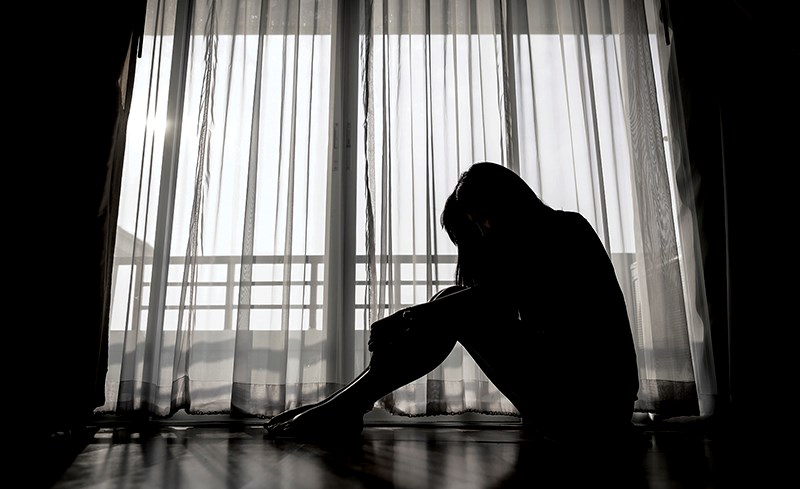Tara Jeffrey
A pilot program could improve the lives of women leaving an abusive relationship is seeking study participants from Sarnia-Lambton.
“Sarnia-Lambton for us is a really critical location,” said Marilyn Ford-Gilboe, professor and Women’s Health Research Chair in Rural Health at the University of Western Ontario.
“We understand that living in a smaller city or rural community is really different than living in a larger city — in terms of how women experience violence, the types of services available, and their visibility.”
Ford-Gilboe is project lead for the iHeal study (Intervention for Health Enhancement and Living), designed to test the effectiveness of a health promotion intervention for women who have experienced violence from an intimate partner.
Sarnia-Lambton is among several Canadian communities selected to participate in the study, funded by the Public Health Agency of Canada.
It is seeking 280 women to determine whether a nurse-led health intervention improves the quality of life, mental and physical health, confidence and control of women who are separating from an abusive partner, compared to women who are provided only with information about community services.
One in three Canadian women will experience violence from a partner at some point in their lives and many eventually separate from those partners, Ford-Gilboe said, adding violence takes a toll on women’s sense of safety and security, relationships, finances and their mental and physical health.
“We’ve got this system of really excellent services that tend to focus more on women who are in the midst of violence, often living with a partner or in the immediate time of separating,” she said.
“But most of our services aren’t oriented towards how to support women once they make a decision to step out of that relationship, knowing that for many women, its not six months or a year — it’s several years often before they really feel like they get their feet on the ground.”
iHeal is delivered by community health nurses working in partnership with women in 10-18 sessions over six months, drawing on local supports and service.
“Since it is a nurse doing the intervention, you can expect there is a fair bit of emphasis on also helping the women be as healthy as possible,” she said. “We know that health problems are such a common effect of living through violence, but they’re not always recognized.”
Locally, the number of women accessing crisis services continues to rise, according to Michelle Batty, executive director at both the Women’s Interval Home and Sexual Assault Survivors’ Centre, Sarnia-Lambton.
Ford-Gilboe stressed the project is focused on complementing and extending — rather than duplicating — existing services.
“We are hoping that, if effective, this intervention could actually fit inside or alongside the good services that are already out there in the community — both in the violence sector, social services and the health care system — and offer something quite specific for women who are making the transition out of an abusive relationship.”
Women who have recently separated or in the process of separating from an abusive partner are encouraged to visit (ihealstudy.ca) to see if they’re eligible for the study.
Participants must be 19 or older and live in one of the selected communities in Ontario (Sarnia-Lambton; London and Middlesex) British Columbia (Vancouver, Burnaby, Delta, Coquitlam, Port Moody, Port Coquitlam, Surrey, New Westminster) and New Brunswick (Fredericton, Moncton and surrounding areas).
